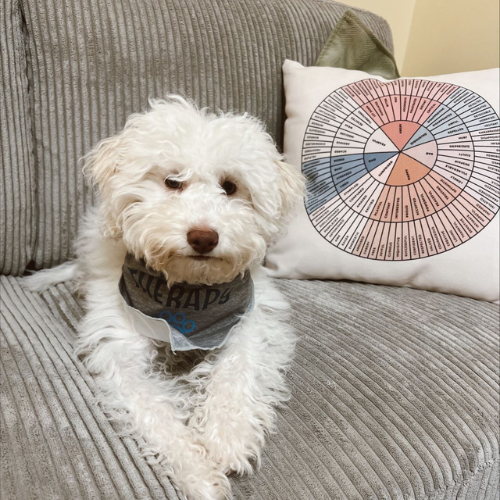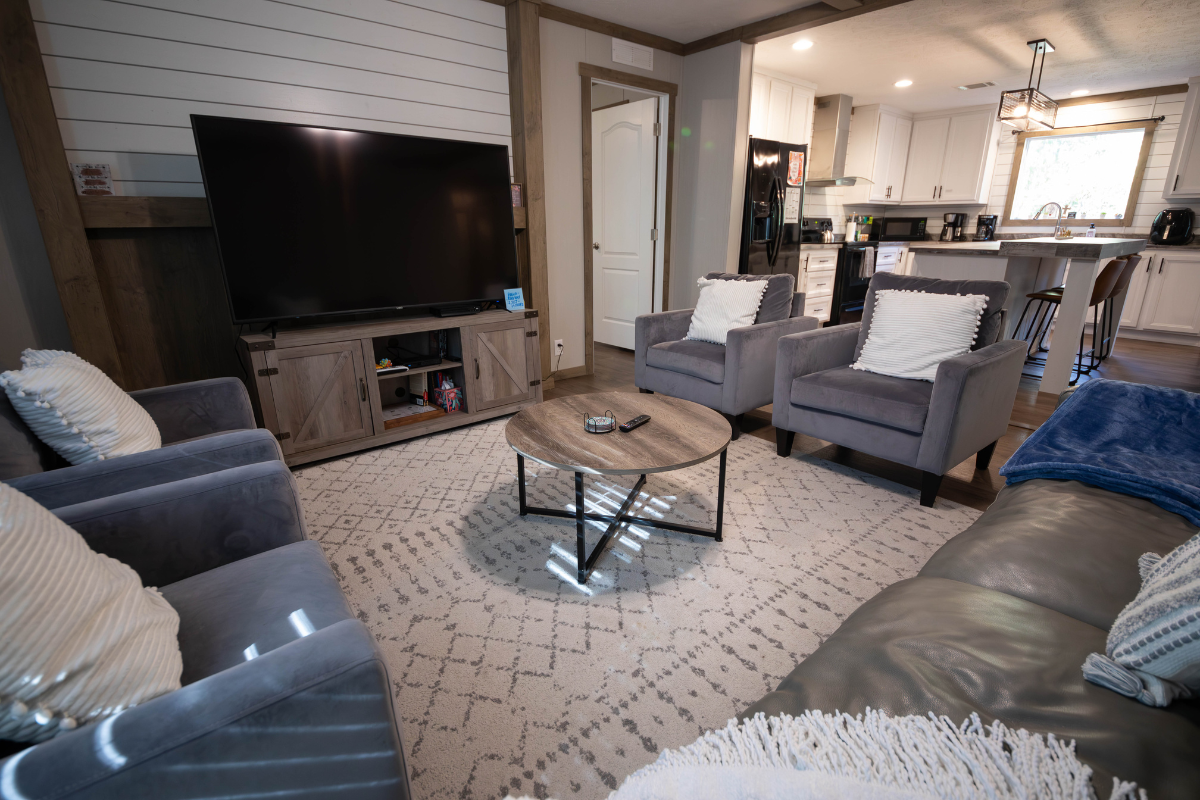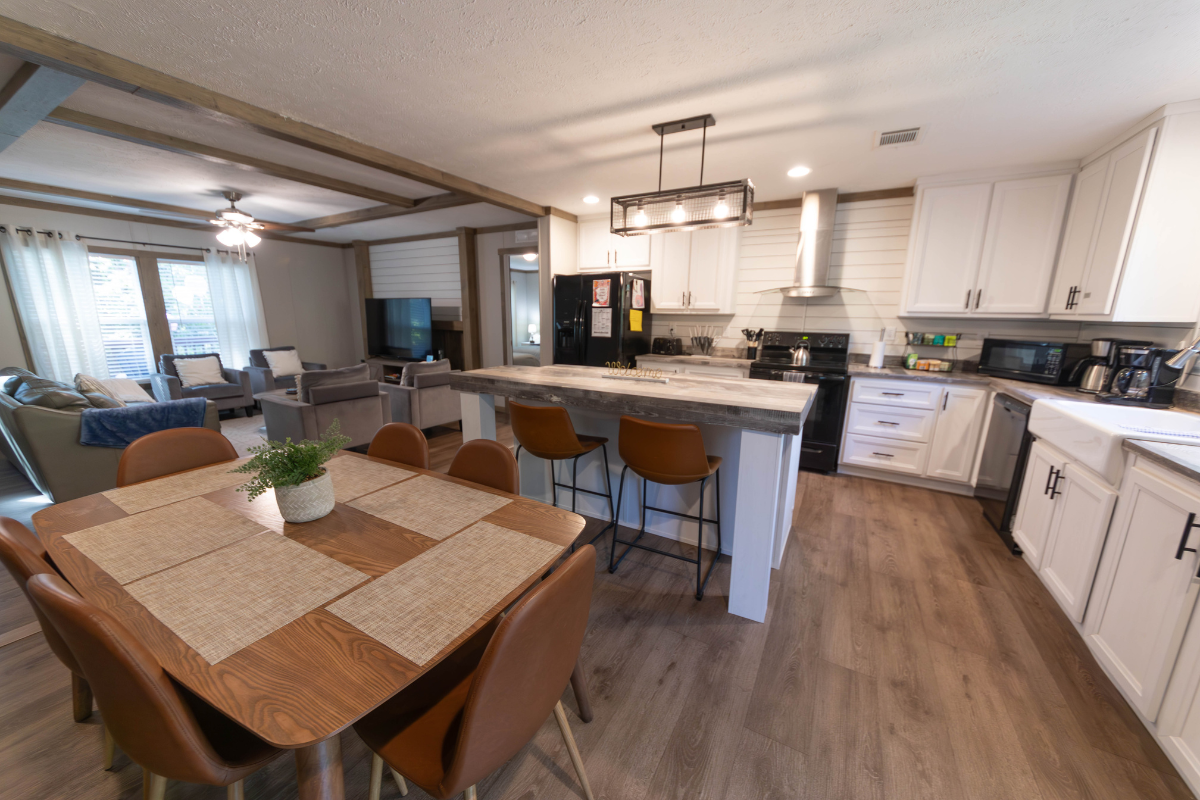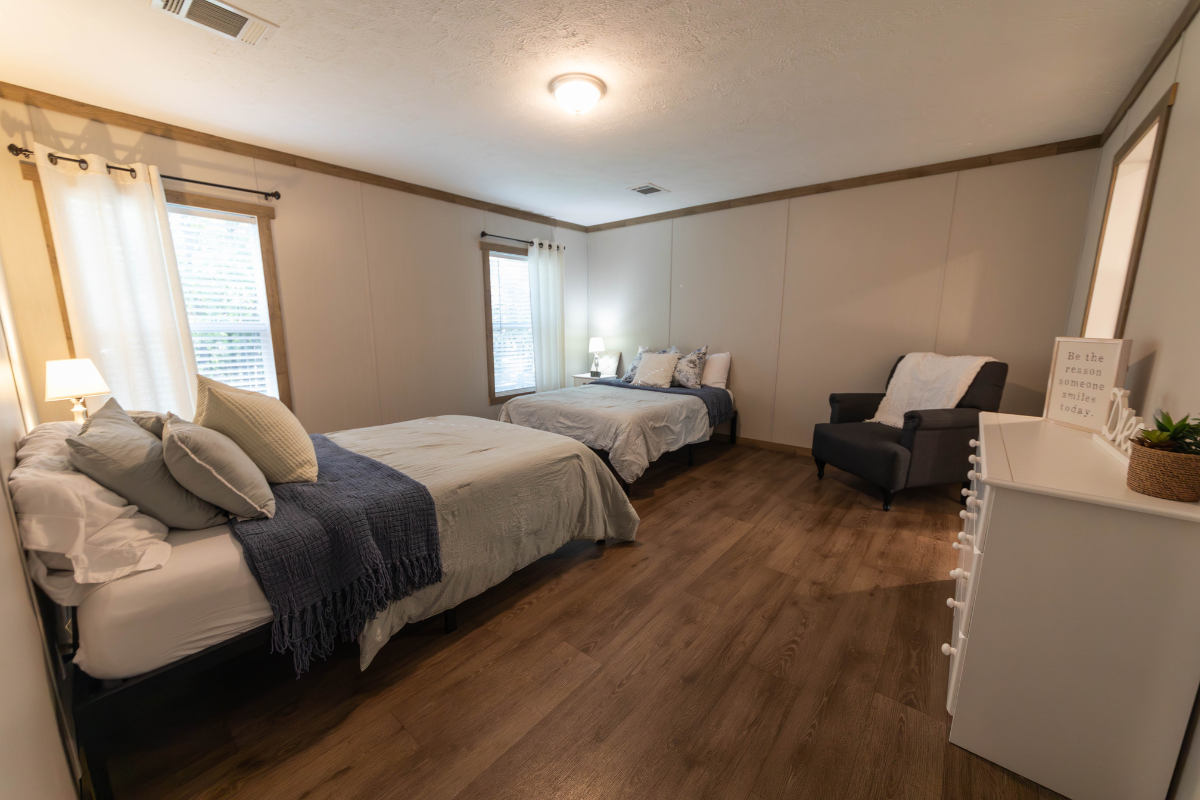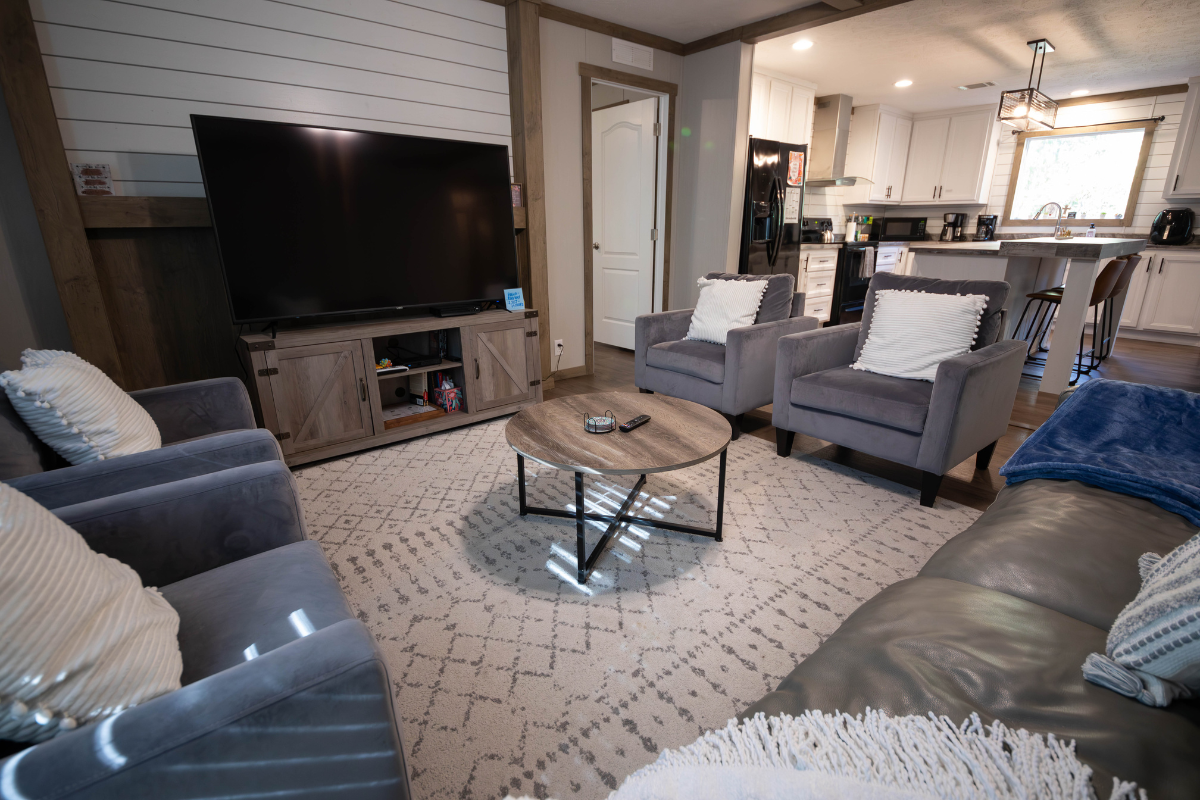When someone you love is struggling with an eating disorder, it can feel overwhelming, heartbreaking, and at times, helpless. Families often want to support their child or loved one but may not know how—or fear making things worse. The truth is, family members can play a powerful, positive role in recovery, and that’s where family therapy comes in.
Family therapy is more than just “talking it out.” It’s an evidence-based, compassionate approach that helps families understand eating disorders, improve communication, and create a home environment that supports healing. Whether you’re a parent, sibling, or partner, family therapy can give you the tools to help your loved one recover. Not alone, but together.
What Is Family Therapy for Eating Disorders?
Family therapy involves sessions led by a trained therapist where family members and the person in treatment come together to work on healing as a unit. It’s a central part of many eating disorder treatment programs, especially for adolescents and teens. One of the most widely used approaches is Family-Based Treatment (FBT), also known as the Maudsley Method, which empowers parents to play an active role in re-nourishing their child and restoring healthy eating behaviors.
Other approaches may focus on communication patterns, emotional support, boundaries, and repairing relationship dynamics that may have been strained or damaged by disordered eating.
Why Family Involvement Matters
Eating disorders are complex, multifaceted illnesses influenced by genetics, environment, and emotional factors. While families don’t cause eating disorders, they are often impacted by them. Most importantly, they can be vital partners in the healing process.
Here’s why family therapy matters:
1. Improves Recovery Outcomes
Numerous studies show that individuals with eating disorders who receive family therapy as part of treatment have significantly better outcomes. In fact, a review in International Journal of Eating Disorders found that adolescents who received Family-Based Treatment had twice the recovery rate at 12 months compared to those who received individual therapy1.
2. Reduces Relapse Rates
Eating disorders often come with a high risk of relapse, especially in the first year after treatment. Family therapy provides structure, accountability, and emotional support during this vulnerable time. One study published in J. Fam. Psychol. showed that family involvement reduced the risk of relapse by 50% in teens treated for anorexia nervosa2.
3. Strengthens Communication and Emotional Safety
Living with an eating disorder can strain family dynamics. Misunderstandings, judgement, resentment, emotional outbursts, or total silence can take the place of meaningful support and connection. Family therapy helps members learn to communicate with empathy, validate each other’s experiences, and avoid blame or judgment.
According to a 2020 study, families who participated in systemic family therapy reported a significantly improved emotional climate and lower expressed emotion, which has been directly linked to higher rates of sustained recovery3.
Family Therapy Through the Stages of Recovery
In Early Recovery
Helps parents understand the medical and psychological nature of the eating disorder
Guides families in supporting structured meals and reducing food-related conflict
Offers education and reassurance during a scary, confusing time
Encourages emotional attunement—helping parents “see” their child beneath the eating disorder behaviors
During Weight Restoration or Nutritional Stabilization
Teaches families how to handle resistance, denial, and emotional outbursts
Provides a united front and consistent message that food is medicine
Reduces guilt and empowers parents to step into a supportive caregiving role
In Later Recovery
Focuses on rebuilding trust and autonomy
Addresses deeper family patterns or trauma
Helps teens or adults reintegrate into home life with confidence
Supports siblings and family members affected by the illness
What to Expect in a Family Therapy Session
While every therapist and approach may vary, here’s what family therapy may include:
Education about eating disorders, nutrition, and the brain-body connection
Role-playing challenging scenarios (e.g., mealtimes or emotional conversations)
Practicing active listening and respectful communication
Addressing family beliefs about food, body image, or perfectionism
Creating shared goals and safety plans
Rebuilding trust and emotional connection
Sessions may be held weekly or biweekly, in-person or via telehealth.
You’re Not to Blame—You’re Part of the Solution
Before taking part in family therapy, it is critical to understand that families don’t cause eating disorders.
Current scientific research shows that eating disorders arise from a combination of genetic, neurological, psychological, and environmental factors. For example, a child may inherit traits like anxiety, perfectionism, or high sensitivity—traits that increase vulnerability to developing an eating disorder when combined with stress, trauma, or social pressures.
In fact, blaming parents only adds shame and guilt to families who are already hurting. Instead, modern treatment models like Family-Based Treatment (FBT) recognize parents as a vital part of the solution. With the right guidance and support, families can become powerful allies in helping a child recover and play a critical part in lasting recovery.
You don’t need to be perfect. You just need to be present and open to learning. A skilled family therapist will help you understand how to support your loved one without enabling their eating disorder, contributing to their emotional distress, or triggering shame.
Remember: you aren’t alone in this.
Family therapy offers a pathway not only for recovery, but for reconnection. With the right guidance, families can become a source of strength, not stress. You are not to blame, and you can and should be part of the healing process.
Magnolia Creek is dually licensed to treat eating disorders and a multitude of co-occurring disorders. We tailor our treatment plans to individual needs and goals while empowering every client in our care to embrace recovery with resilience and independence.
Sources
- Lock et al. (2010). Int. J. Eat. Disord., 43(8), 679–688.
- Le Grange et al. (2004). J. Fam. Psychol., 18(3), 401–409.
- Jewell et al. (2020). Eat. Disord. J. Treat. Prev., 28(3), 259–276.





